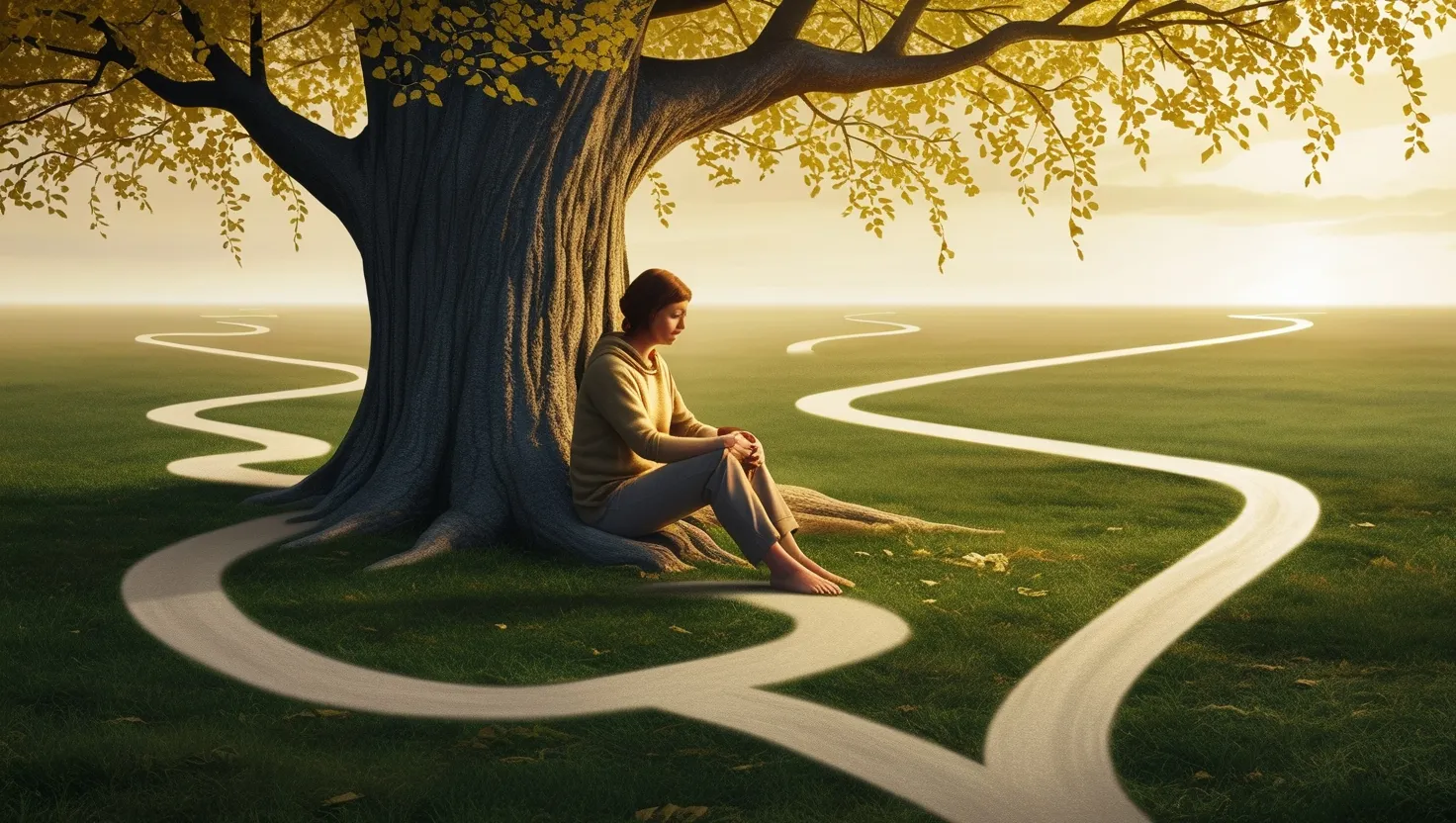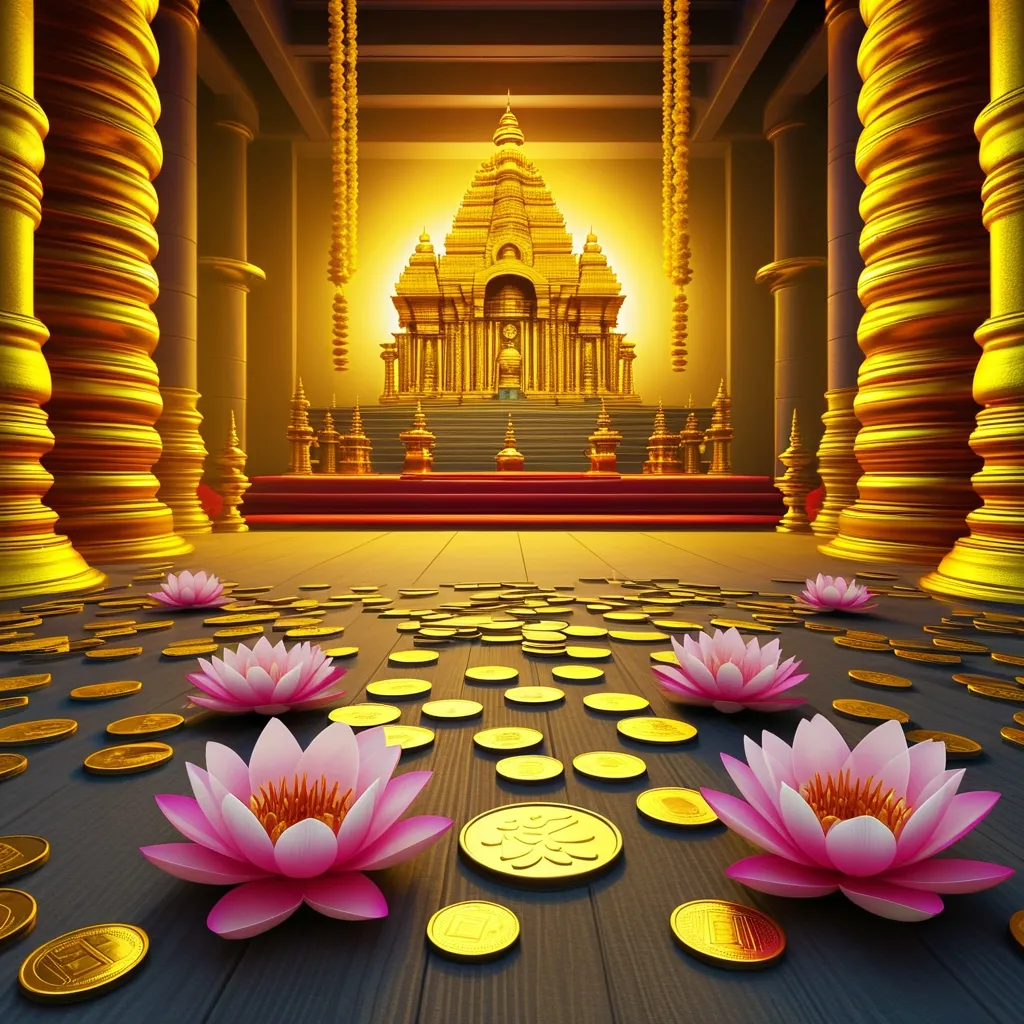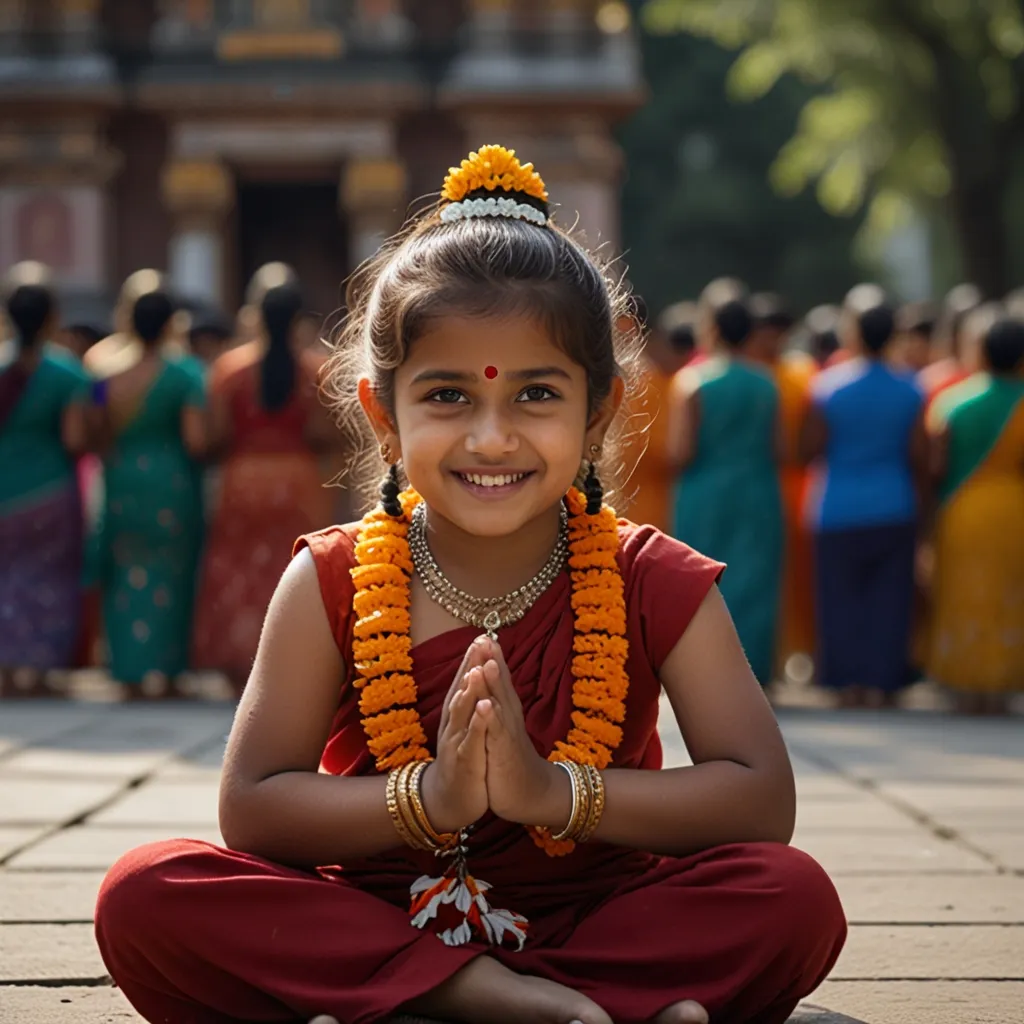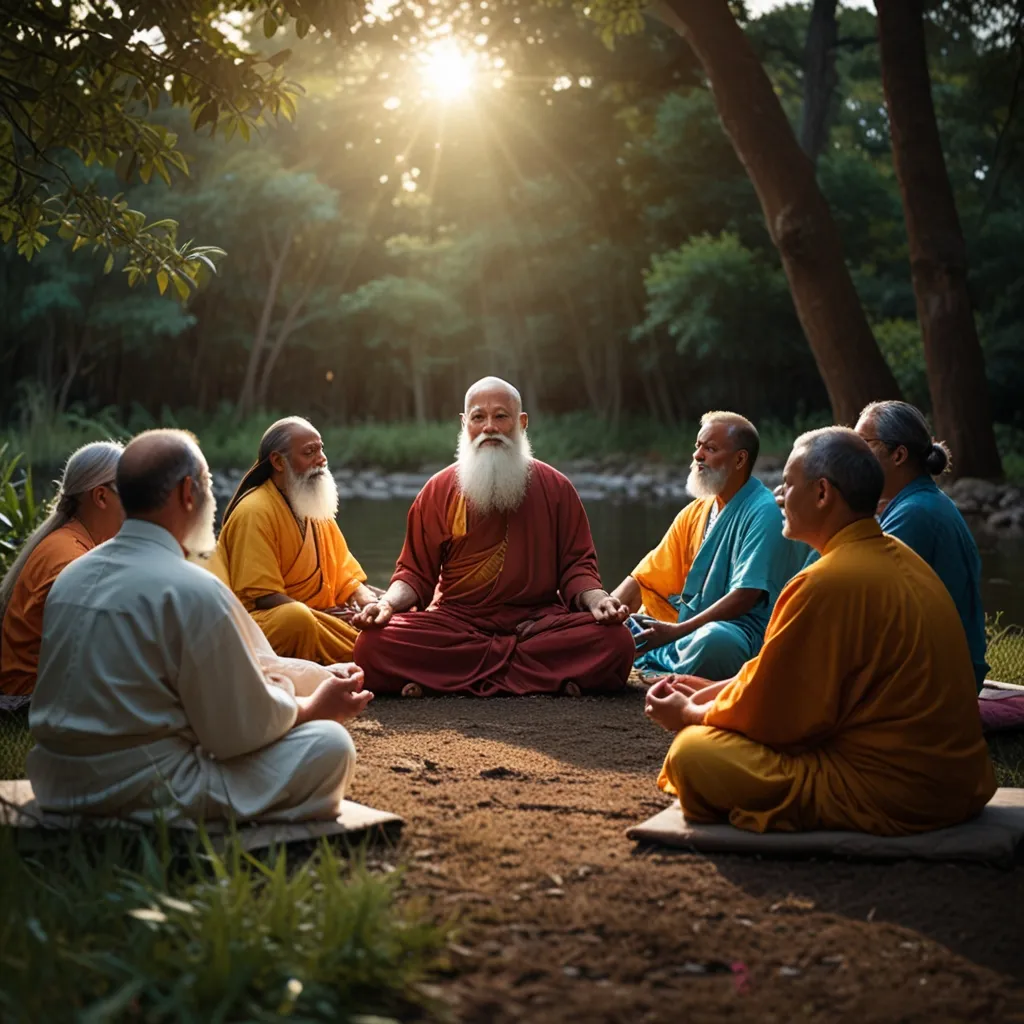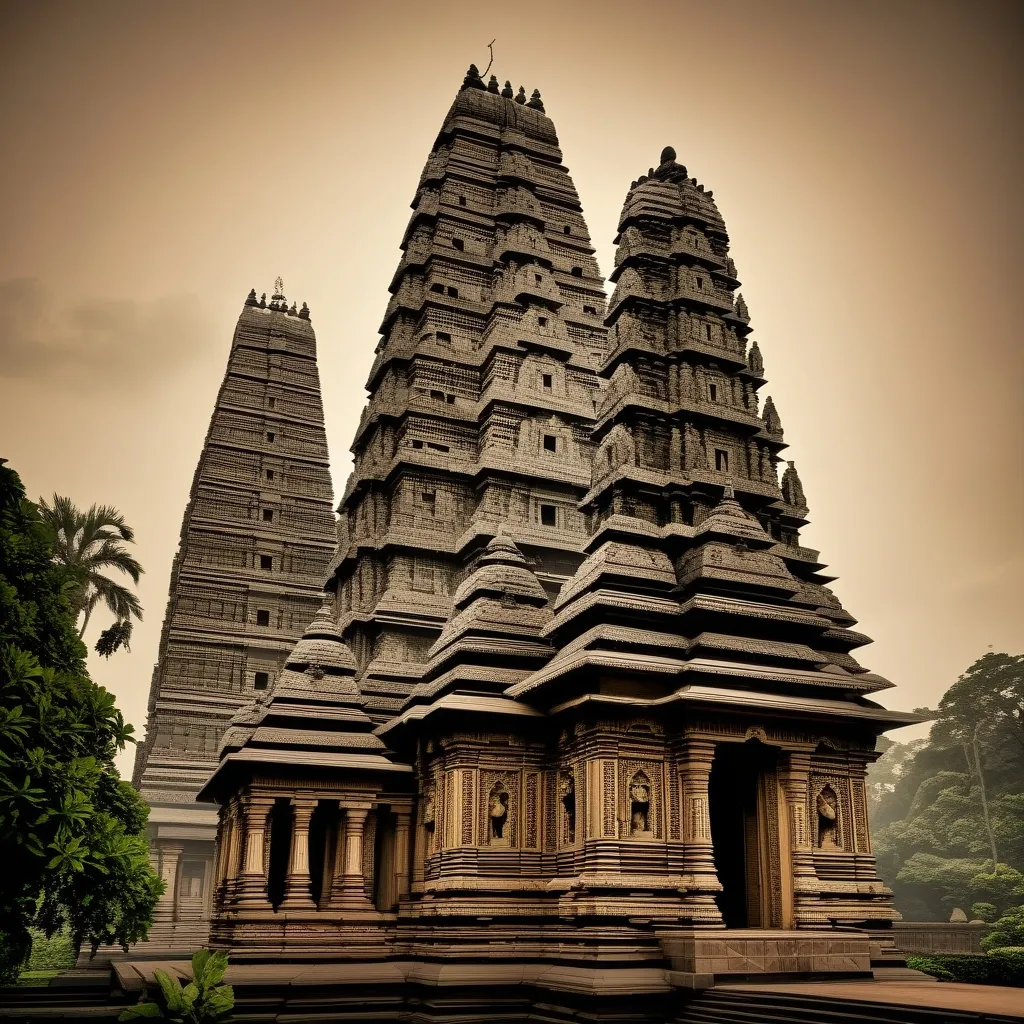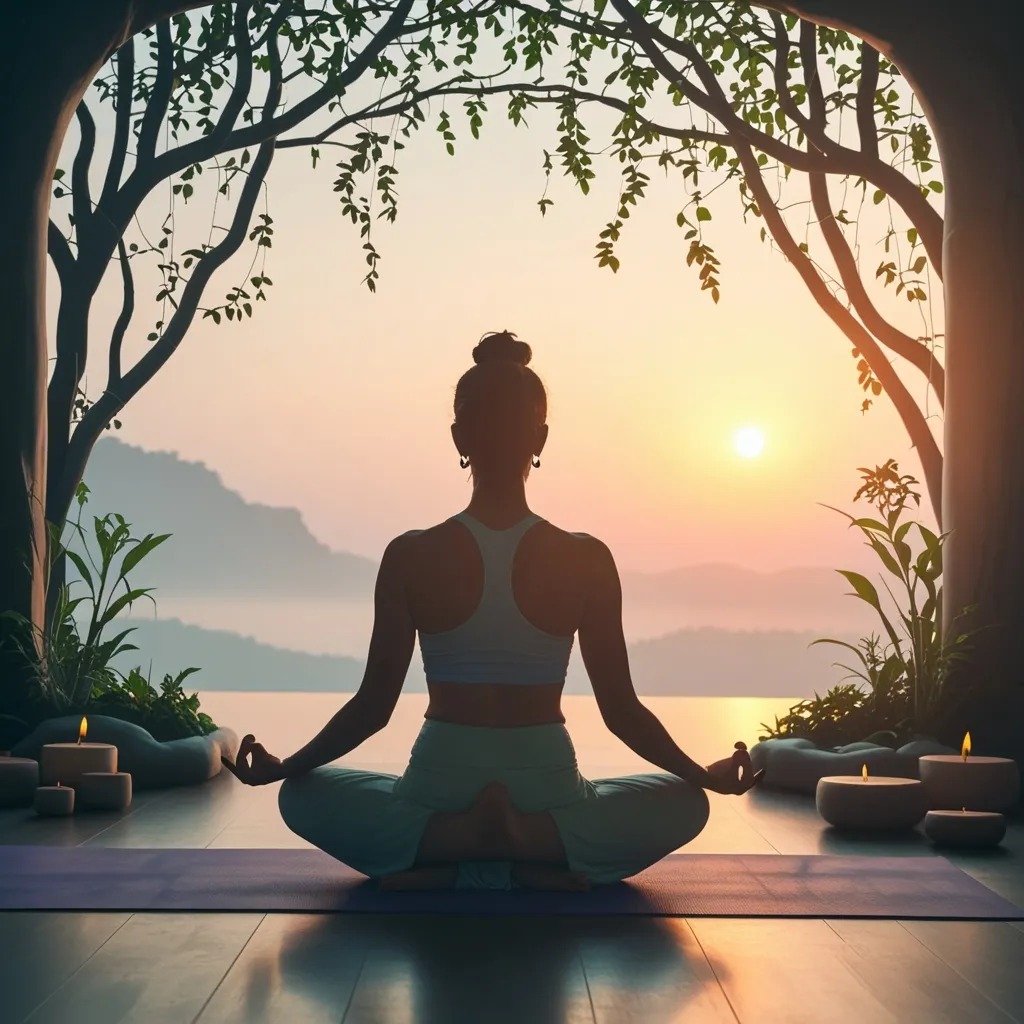Most people think of ethics as a simple choice between right and wrong. But in Hindu thought, especially through Dharma-Vichara, this idea takes a fascinating turn. Rather than strict rules or black-and-white answers, we’re invited to use our reasoning and conscience, always checking if what we do matches up to a deeper purpose. I find it helps to imagine sitting with questions, letting them breathe, and weighing more than one answer before choosing how to act. If you’ve ever wondered how to make sense of choices that seem equally right or wrong, you’re not alone. “The first step towards getting somewhere is to decide you’re not going to stay where you are,” wrote J.P. Morgan, and so we begin.
One thing I love most about Dharma-Vichara is its recognition that life is complicated. There isn’t a single set of rules for everyone. In ancient times, the rules that guided a king were not the same as those for a merchant or a student. And as people grew older, their duties changed too. Maybe you’ve noticed that decisions that felt clear as a teenager suddenly look more complicated as an adult. That’s not a flaw in your thinking. It’s a feature of life itself, which is always moving and changing.
“All the world’s a stage, and all the men and women merely players,” Shakespeare once wrote—reminding us that context shapes our roles and choices. In the Mahabharata, for instance, you see this constantly. Take Yudhishthira’s turmoil: he values honesty but fears that telling the entire truth will lead to disaster. Or Arjuna, who stands on a battlefield torn between fighting for justice and attacking his own relatives. Would you be quick to judge Arjuna for feeling confused? That confusion is, in fact, the start of real ethical thought.
Now imagine you face a tough decision—a choice between helping one friend and keeping a promise to another. Or something bigger, like saving a single life or following unpopular rules at your company. Do you ever pause and notice your motives: Is this truly about helping or just about what’s easiest for you?
Dharma-Vichara teaches that what’s right grows out of honest self-inquiry. Sure, ancient books can give us guidelines, but they stop short of spelling out every detail. It’s as if they’re encouraging you to practice figuring things out, not just memorizing answers.
One of the most practical lessons from these stories is the idea of consulting with others. When people in Hindu epics face ethical dilemmas, they rarely go it alone. They talk to trusted advisers, to elders, to their own hearts. Even quiet meditation counts—giving space to reflect on what matters most. Gandhi put it beautifully: “The best way to find yourself is to lose yourself in the service of others.” Before any true decision, ask, “Who does this affect?” and “What will change because of it?”
Modern life seems full of complicated choices too. Picture a business leader weighing profit against the welfare of her employees. Or a doctor wondering about following hospital policy versus allowing a patient to decide what’s best for themselves. Laws and rules help, but so does taking time to carefully reflect—what Hindus call vichara.
Did you ever think about how a single action can ripple out to affect many people? That is what Dharma-Vichara trains us to notice. In Hindu thought, ethical choices relate not only to immediate outcomes but also to karma—our long-term moral consequences. They also touch on social order and even cosmic balance. That’s why you’re not only asking, “What should I do?” but also, “What’s my role in this web of life?”
There’s a tendency in some philosophies to give us two extremes: absolutely fixed rules or no rules at all, just personal taste. Hindu ethics walks a middle path. It points to timeless values—like truth, justice, non-harming—but accepts that applying these values takes wisdom and flexibility. Wouldn’t you rather learn a process you can use again and again, rather than memorizing a bunch of rigid commands?
Let me ask: How do you recognize the difference between a good reason and a very clever excuse? Sometimes, the line gets blurry. That’s why honest self-reflection is essential. The process isn’t just mental; it’s emotional and even spiritual. We check our intentions—are we just looking out for ourselves, or is there a real attempt to do what is right? Only you can answer that honestly for yourself.
I think it’s important to note that, in this tradition, nobody expects instant perfection. Making better choices is a skill, like playing the violin or cooking a meal. You get better with practice. Even the Mahabharata’s heroes get things wrong before finding their way. “Darkness cannot drive out darkness; only light can do that,” wrote Martin Luther King Jr. Most of us are groping for the light, trying over and over. This effort is worth it.
Dharma-Vichara isn’t just about individuals. It’s meant for social life, too. Today, we see this in workplaces, schools, and families. When a company faces tough choices about money, the environment, or equal treatment, it can’t just pick what’s easy or profitable. True ethical discernment means caring how each choice affects everyone—the worker, the customer, the planet. This is the kind of thinking that’s needed in our interconnected, fast-changing world.
Think of new ethical challenges: Artificial Intelligence, genetic engineering, climate change. These are issues that ancient texts never described. But the process of Dharma-Vichara still applies. We can study, reflect, talk, and weigh what’s at stake—not for one person, but for the whole community. Have you thought about how future generations might experience the world because of choices we make today?
I find myself coming back to the Mahabharata again and again. Its stories don’t pretend there are perfect answers. They show leaders who listen, struggle, correct themselves, and sometimes fail. From that, we learn that being ethical has a cost. Sometimes you lose money, respect, or comfort in the short term. But with discernment, you build something harder to measure: inner peace. As Viktor Frankl wrote, “Between stimulus and response there is a space. In that space is our power to choose our response.”
I know these ideas might sound lofty, but the steps are simple. Pause before acting. Ask questions: Who is affected? What are my motives? Have I talked to others who might understand? Does this action match my deepest values? If we practice this, day by day, our habits change. We become less reactive, less likely to hurt others by accident, and more able to contribute to harmony.
Have you ever wondered why sometimes two good people reach different conclusions from the same facts? Dharma-Vichara explains this, too. We all have different roles, backgrounds, and responsibilities. My right action might not be yours, but we can respect each other’s honest discernment if we understand the process each one followed.
I encourage you to see ethical decision-making as a way to train your mind and heart. It’s not about becoming perfect but about getting better each time. And it’s okay to pause and consult—others, your conscience, even spiritual texts—without rushing to judgment.
If you think making ethical decisions is only for heroes in ancient stories, think again. You are already practicing Dharma-Vichara each time you stop and reflect before making a choice that affects others. “What lies behind us and what lies before us are tiny matters compared to what lies within us,” says Ralph Waldo Emerson. If you carry this thought with you, every day becomes a classroom for ethical learning.
It’s easy to look for shortcuts: a universal rule, a perfect answer, or a list to follow. But true discernment grows when you live the questions, sit with the discomfort, and keep trying to see more clearly. The practice of Dharma-Vichara is not just about morality—it’s about growing as a person, learning to live mindfully in a busy world, and leaving things a bit better than you found them.
So next time you face a choice, big or small, try pausing for just a moment. Ask yourself what matters most—not only to you but to all who will feel the results. If you find yourself uncertain, remember: even the wisest were once unsure. Keep practicing. In that practice is the real art of living ethically.
